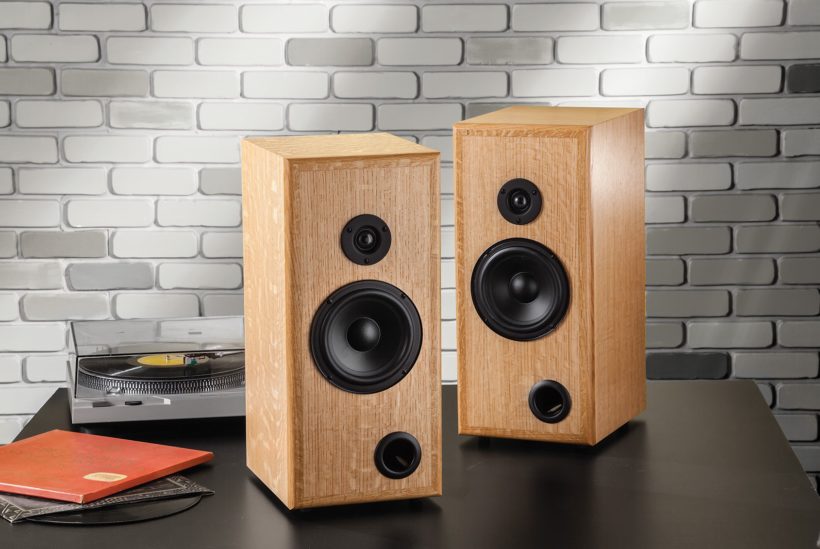Bookshelf speakers are those speakers which sit on the shelf or on a table but not on the floor. The bookshelf speakers are basically small in size the main purpose of them to fill a small room with its sound. Like you can use them while you are doing your work or for your computer. Even there are bookshelf speakers which are specially designed for the movie freaks, and some of the speakers are designed to enhance your music listening experience. If you are looking to buy Bookshelf speakers then Soundinout.com is premium source of information.
However, before you go ahead and pick a bookshelf speaker for yourself. There are certain things that you need to know. Here are those things:
Bookshelf Speakers vs Powered Monitors:
Before we talk about different type of bookshelf speakers, let’s understand the difference between bookshelf speakers and powered monitors. As both of these things quite a lot of things in common.
Even there are quite a lot of powered monitors out there which looks exactly like a bookshelf speaker. Even they do not just look same, but they are equal in size and offers kind of same features and sound.
However talking about the difference, well the main difference between them is that the latter has amplification built right into the right channel speaker. Plus, all the functions and connections of an AV receiver (AVR) are built right into the R-15PM.
On the other hand, the bookshelf speakers come with a separate AVR. Also, the powered monitor’s built-in amplification and connections help you to cut down on the number of additional components which you will need during setup. As well as it offers you full control over the signal path. However, the thing about bookshelf speakers is that it lets you use your existing AVR and offers you the ability to upgrade the hardware.
Bookshelf speakers as part of a home theater system:
The best part of the bookshelf speakers is that you can purchase and use them as a stand-alone addition to your living room. Or as an extra addition to your home theatre system for better sound performance. Even there are quite a lot of home theatre systems available out there which lets you connect bookshelf speakers to the home theatre. As a result, you get amazing audio quality.
But the fact is that those home theatre systems costs quite a lot of bucks. Instead, you can purchase a great bookshelf speaker who can offer you great sound quality. So you can have fun while watching your favourite movie or listening to your favourite songs.
Bookshelf Speakers Specifications:
If you do not know anything about bookshelf speakers, then it is completely fine. Not all of us are super geeky about it. But before you choose a bookshelf speaker, it is good to have some basic knowledge about it. And let us help you with that basic knowledge.
- Hertz: Bass quality depends on this number. The lower it is, the heavier bass is.
- Watts: The higher number of watts a bookshelf has the better output you can expect from it.
- Drivers: Basic bookshelf drivers comes with two woofers. One is for the bass and the one for producing high-frequency sounds. Focus on buying a speaker set that comes with third mid-range driver so you can get better sound quality.
Accessories For Bookshelf Speakers:
Bookshelf speaker without a shelf does not sound, right? hence you will need good furniture to place the speaker. However, that would not be something you would prefer to get. Instead, you can think of getting a speaker stand.
A speaker stand would be a great option as they have a good height and designed to bring the speakers to the ear level. Also, it helps in balancing the sound so you can have the best experience. You can also think of buying an additional woofer if you want to enhance the overall sound quality.
How to position bookshelf speakers?
To get the best quality sound, you need to place the bookshelf speakers in the right place. Hence you need to put them in the right place. However, the general rule for speakers is to put them at 10 o’clock and 2 o’clock positions. As well as you should angle them towards your listening experience.
